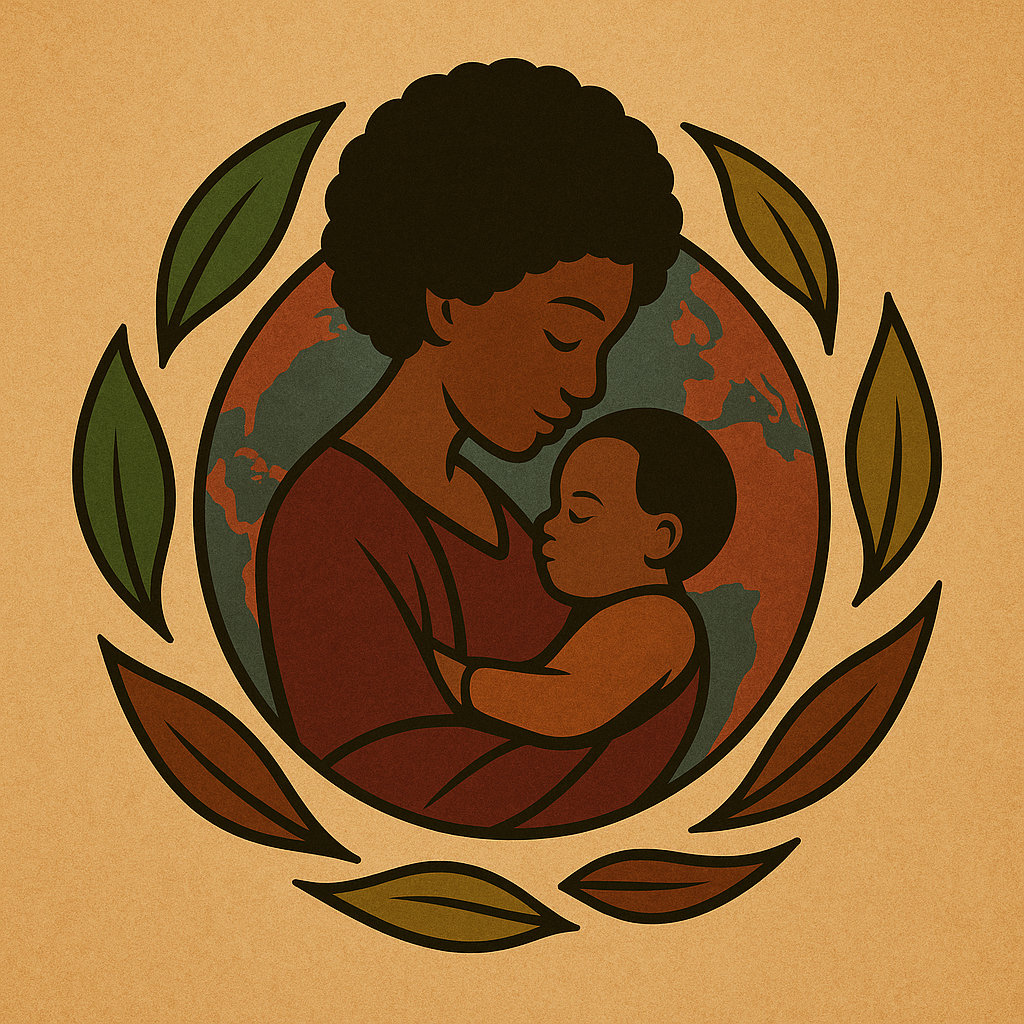Our Projects
Empowering communities through sustainable healthcare initiatives that address the root causes of health challenges while building local capacity for long-term impact.
Program in Action
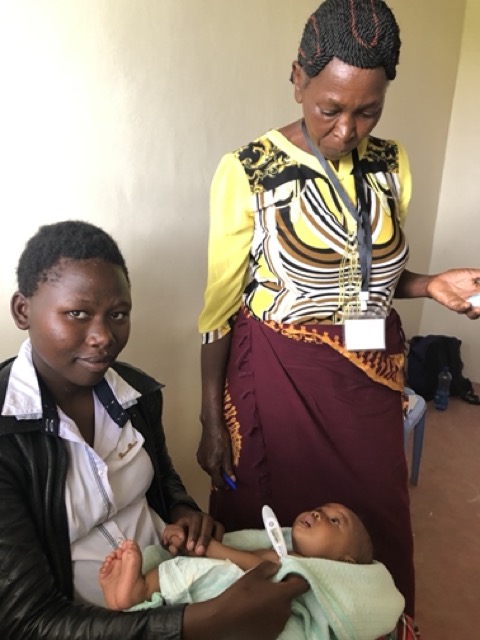
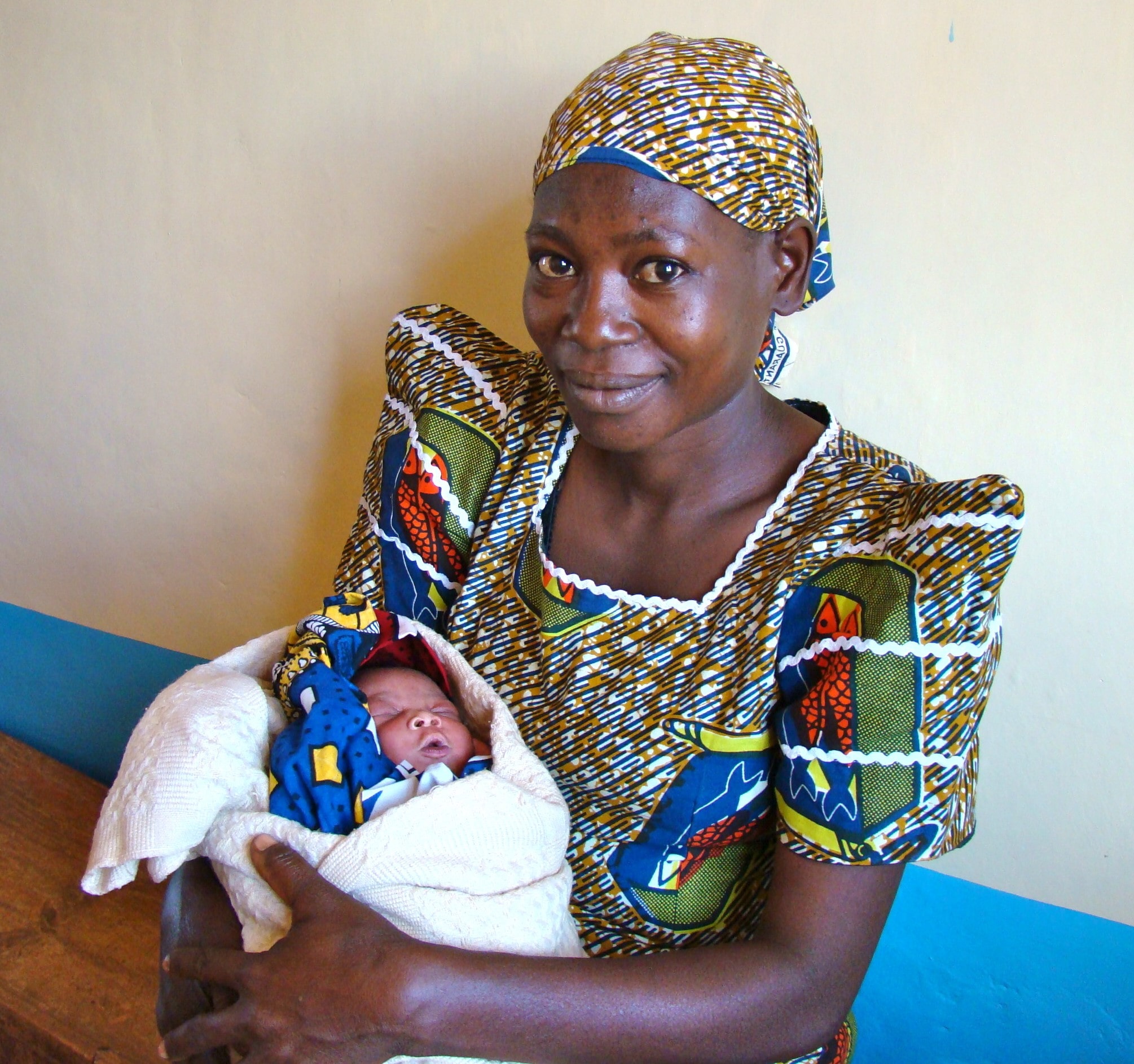
Program Details
Critical care and support during a newborn's most vulnerable first week of life.
Our Newborn Visitation Project deploys trained Community Health Workers (CHWs) to conduct three vital home visits during a baby's first week of life, when mortality risks are highest.
Key Services Provided:
- Early detection of danger signs like high fever and respiratory distress
- Comprehensive newborn examinations to identify health concerns
- Breastfeeding education and support for new mothers
- Timely referrals to medical facilities when necessary
- Continuous follow-up to ensure healthy development
Community Impact:
By identifying problems at the newborn visits, CHWs refer babies to local medical clinics for additional care. This community-based approach has been recognized by the local Health Ministry and expanded to surrounding communities.
By training local women as CHWs, we've created a sustainable system where community members themselves are the frontline defenders against infant mortality.
Proven Results:
CHWs not only provide medical screenings but also build lasting relationships with families, becoming trusted advisors for child health and development questions long after the initial visits.
Through this initiative, we've demonstrated that simple, low-cost interventions delivered by well-trained community members can dramatically improve survival rates during this critical period.
Nutrition Program
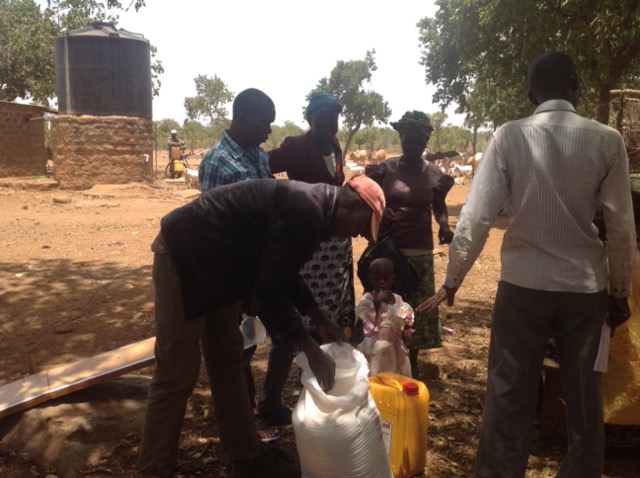
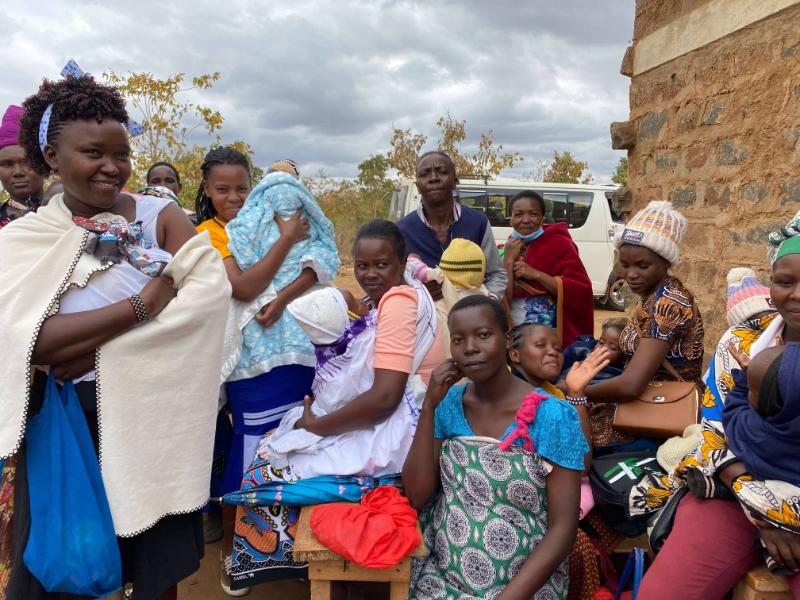
Program Details
Addressing malnutrition as a fundamental barrier to child survival and development.
Child malnutrition is an important cause of death and disability in young children. It is associated with almost one-half of all deaths in children under five years of age. The Kenya nurses screen for malnutrition for all young children who are seen in the Kisesini Health Center, and the Community Health Workers screen the children in outreach clinics.
Treatment Services:
- Ready-to-use therapeutic food ("Plumpy'nut") treatment - only $40 for full recovery
- Monthly food stipends for vulnerable families living on less than $1 per day
- Regular growth monitoring and malnutrition screening for children
- Educational workshops on locally available nutrient-rich foods
- Community cooking demonstrations promoting balanced, affordable meals
Community Impact:
Led by local coordinator Victor Mambua, the program carefully selects participating families through a thorough assessment process. Many beneficiaries are orphans or children with seriously ill parents or grandparents, some dealing with mental health challenges that affect their ability to provide adequate care.
Beyond immediate food security, the program empowers children through education, with most completing secondary school and some advancing to university studies.
Proven Results:
By combining nutrition support with education and healthcare access, we've seen a 37% decrease in nutrition-related illnesses and a significant improvement in child development milestones across participating communities.
This holistic approach addresses both immediate nutritional needs and long-term pathways out of poverty, creating sustainable change for vulnerable families.
Mobile Healthcare
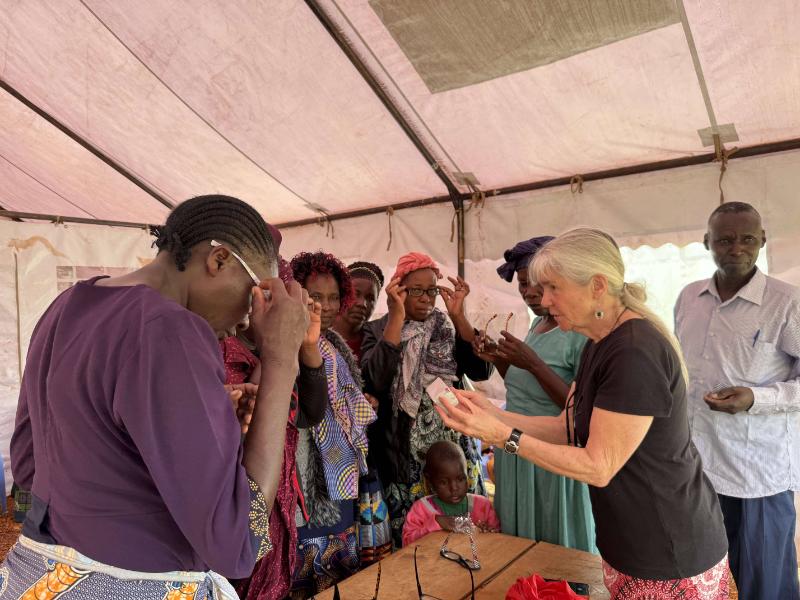
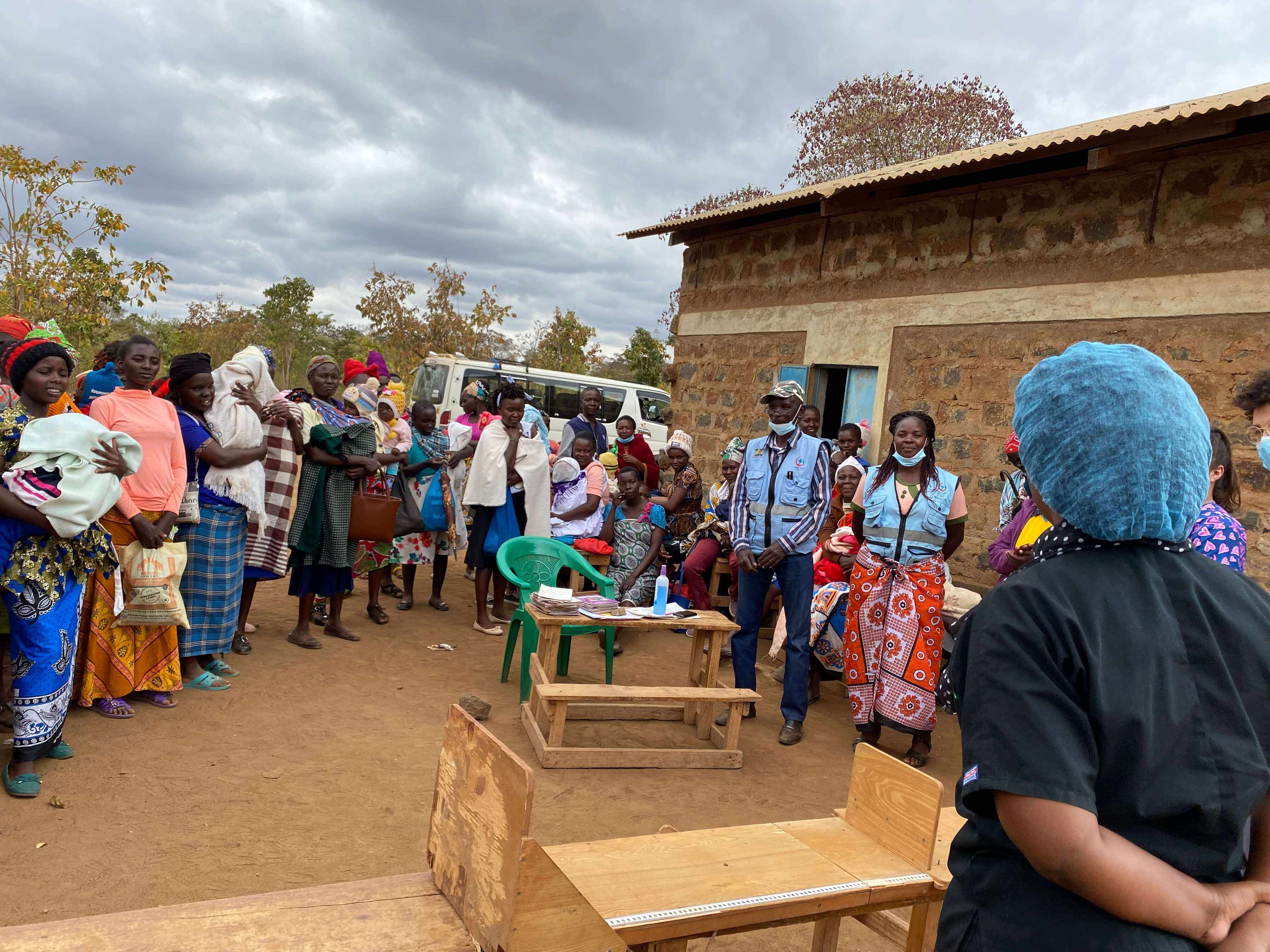
Program Details
Bringing essential healthcare directly to communities isolated from medical facilities.
Our mobile Outreach Clinics bridge critical gaps in healthcare access by traveling to remote villages where distance and transportation barriers prevent families from receiving regular medical care.
Essential Services:
- Comprehensive vaccinations for children under 5 years
- Malnutrition screening with immediate intervention for severe cases
- Treatment for common childhood illnesses like malaria, pneumonia, and diarrhea
- Prenatal care for expectant mothers, reducing pregnancy complications
- Family planning education and resources for improved child spacing
- Health education sessions conducted by local community members
Community Impact:
Each outreach clinic combines professional medical staff with trained community health workers, creating a culturally responsive approach that builds trust and encourages participation. Local volunteers help organize clinic days, ensuring the entire community is aware and engaged.
The clinics operate on a regular schedule, visiting each location monthly, which allows for consistent follow-up care and continuous monitoring of at-risk children and mothers.
Proven Results:
Since implementing the outreach clinic model, participating communities have experienced a 45% reduction in preventable childhood hospitalizations and a 50% increase in completed vaccination schedules.
This regularity has dramatically increased vaccination completion rates and early intervention for childhood illnesses, directly contributing to improved infant and child survival rates.
Capacity Building
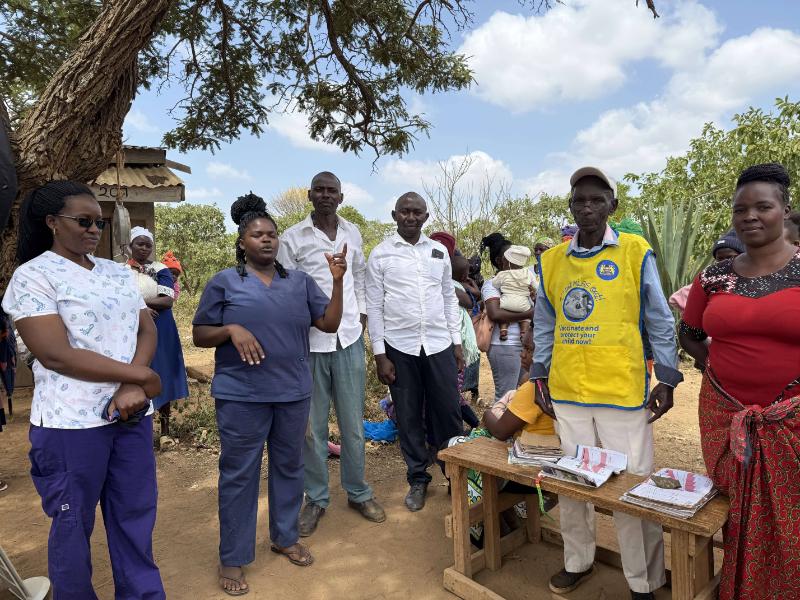
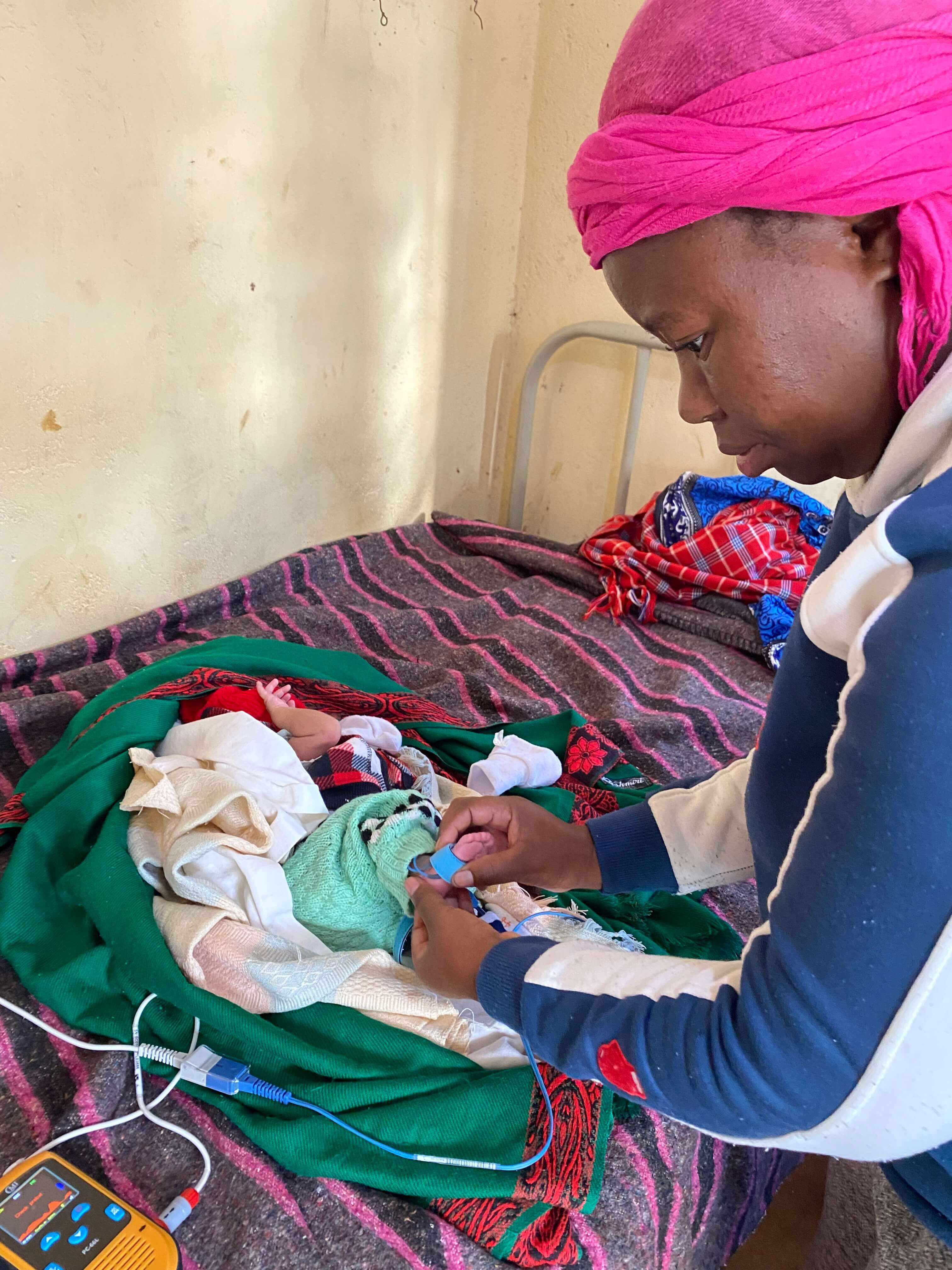
Program Details
Building local capacity through comprehensive healthcare education and mentorship.
Our Medical Training program develops sustainable healthcare systems by equipping community members with the skills and knowledge to address local health challenges.
Training Programs:
- Community Health Worker certification courses for local volunteers
- Specialized pediatric care training focused on common childhood illnesses
- Hands-on clinical mentorship with experienced healthcare professionals
- Emergency response training for managing critical health situations
- Leadership development for clinic management and program coordination
- Continuing education to keep skills current with best practices
Community Impact:
This program embodies our commitment to community-led healthcare by prioritizing the development of local talent. Rather than creating dependency on external medical professionals, we invest in building the capacity of community members who have deep understanding of local needs and contexts.
Graduates of our training programs receive ongoing support through regular supervision, refresher courses, and peer learning networks. This continuous professional development ensures that skills remain sharp and practices reflect current medical standards.
Proven Results:
The 50+ trained health workers now serving their communities represent a transformative approach to rural healthcare delivery. Their presence has not only improved medical outcomes but also created respected healthcare leadership positions within communities.
This elevation of healthcare work status has inspired younger generations to pursue medical careers, creating a sustainable pipeline of local healthcare leadership for the future.
Traditional Crafts
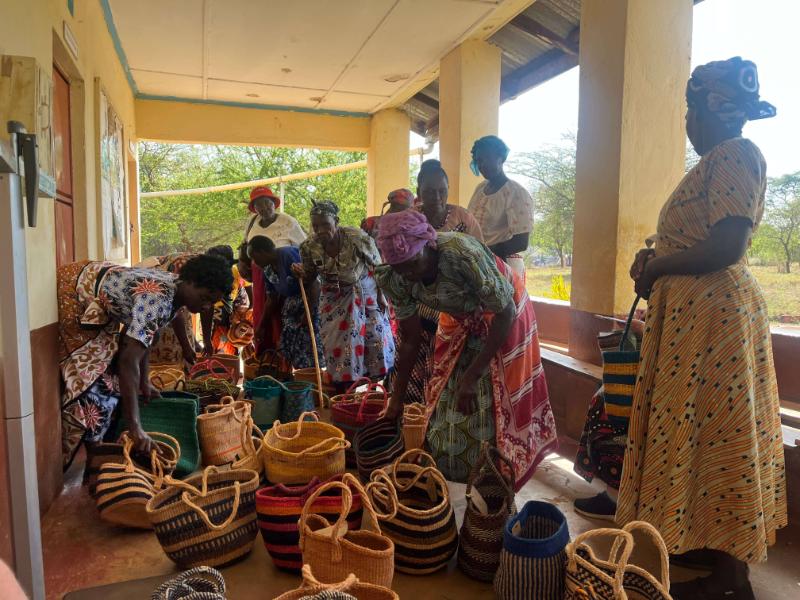
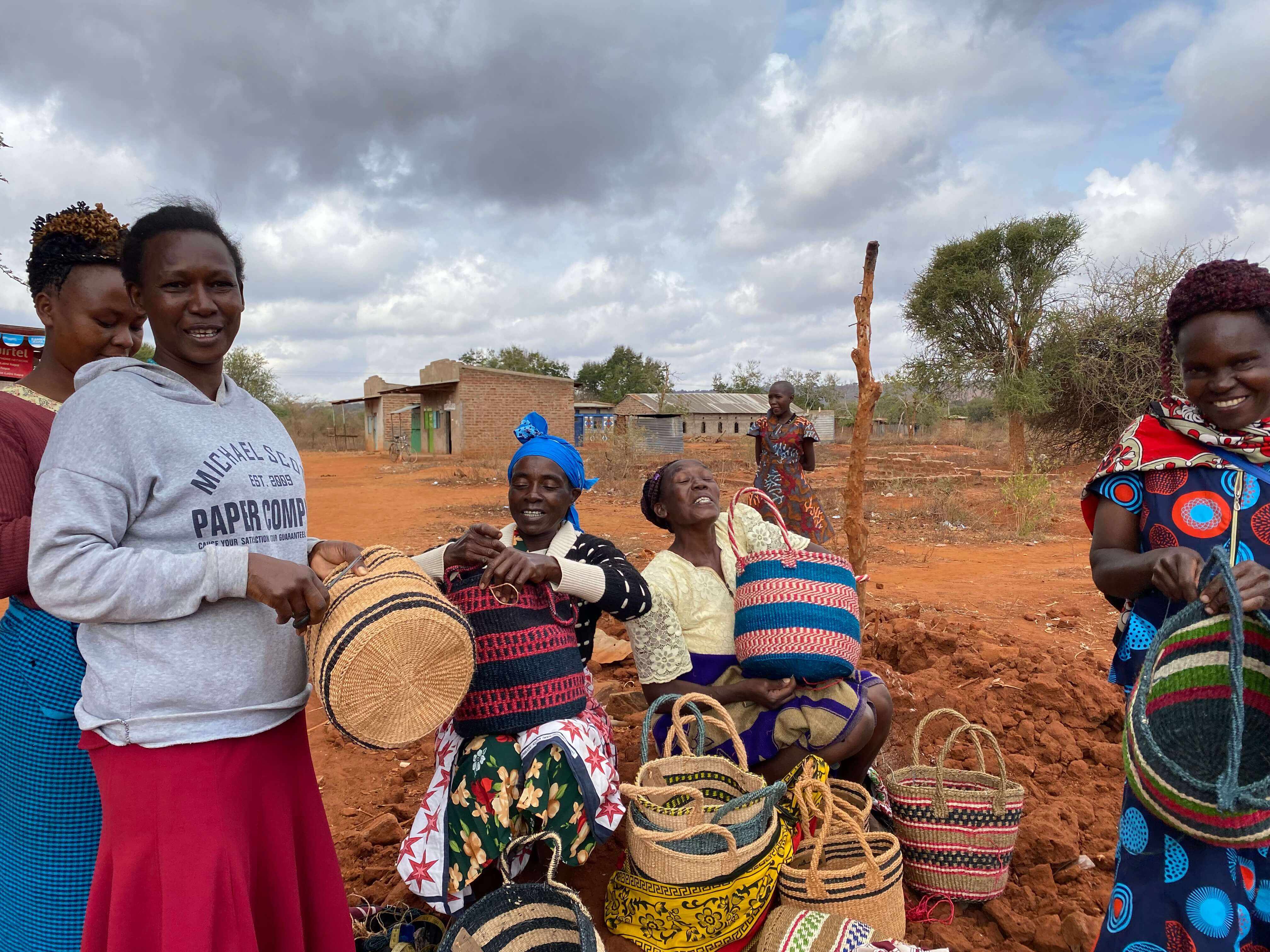
Program Details
Empowering communities through traditional crafts and healthcare funding.
Our Basket Weaving Initiative combines traditional craftsmanship with healthcare financing, creating a sustainable path to improved community health outcomes.
Program Components:
- Community-led cooperative of local artisans
- Revival of traditional weaving techniques and patterns
- Income generation for participating families
- Direct funding for the local Kisesini clinic
- Fair trade partnerships for international sales
- Skills training for new cooperative members
Community Impact:
The initiative began in 2019 when a group of 15 women from the Kisesini area formed a cooperative to revive the traditional craft of basket weaving. Using locally sourced materials and centuries-old techniques, they create intricate baskets that are sold both locally and through fair trade partnerships internationally.
The cooperative now includes over 40 artisans, primarily women, who contribute a portion of all sales to fund essential services at the local clinic. This community-driven approach has increased clinic staffing, expanded medication availability, and improved childhood healthcare access.
Proven Results:
Through this initiative, community members are not just recipients of healthcare aid but active participants in creating sustainable healthcare solutions for their families and neighbors.
The program has resulted in a measurable decrease in early childhood mortality rates by 35%, demonstrating how traditional crafts can directly contribute to modern healthcare outcomes.
Get Involved
Our work wouldn't be possible without the support of donors and volunteers like you.
